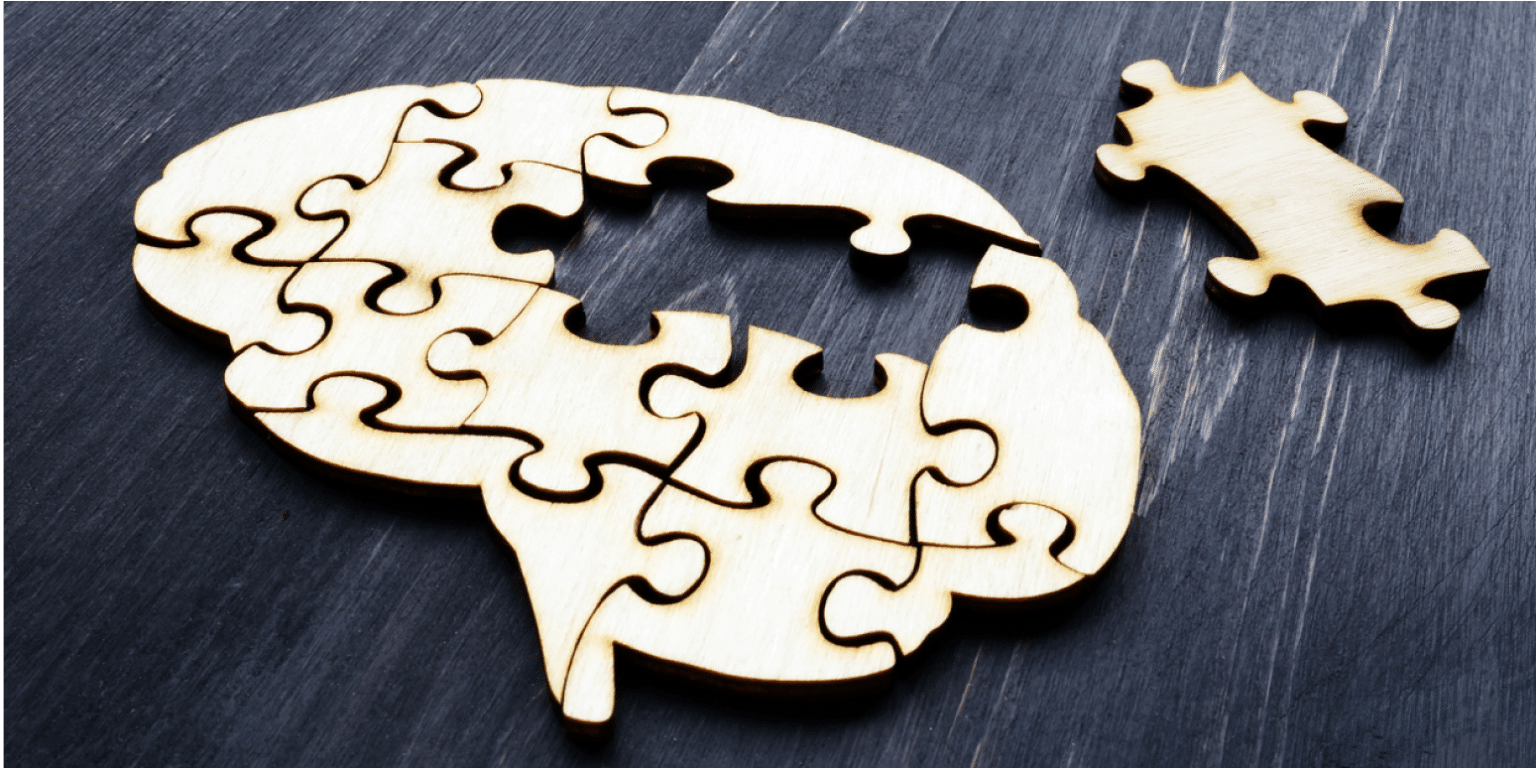There are many problems associated with old age like Alzheimer’s disease, mild cognitive impairment, dementia, etc. but these might affect different people differently. Moreover, sudden or gradual persistent changes in memory loss and mental lapses can be signs of more serious conditions.

Memory can be defined as our ability to encode, retain and recall information and experiences.
Memory comes from the Latin word ‘memor’, meaning ‘mindful’ or remembrance. People often take memory problems as minor annoyances like forgetting recent memories or not retrieving the correct information. But some major signs and serious situational factors can determine our quality of life and mental and cognitive health.
Brain aging and fleeting lapses of memory are a natural part of one’s growth but as more and more time passes, the memory of a specific event or occurrence can fade and grow weaker according to Dr. Kishalaya Karan, a neurologist at Apollo Hospital.
If one witnesses frequent memory lapses and severe memory loss, then the chances might be high that one is developing mild cognitive impairment and might want to consult a doctor. It is estimated that up to 20% of adults above the age of 65 have the condition, according to the Alzheimer’s Association. Although Alzheimer’s is typically found in those over the age of 65, early-onset Alzheimer’s can occur in those as young as 40.
The rational side of it
Many patterns can affect our learning processes, thinking capabilities, decision-making ability, and the building of our positive and negative memory. There are complex ways in which memories are used and organized and prolonged difficulty in remembering important events or trouble in recalling things, people, or places can make us worry about the early signs of memory loss.
Often at times, diseases like transient global amnesia (TGA), tuberculosis, and syphilis or accidental injuries and surgeries can impair our ability to think clearly. Specific studies show that about 90% of dementia cases are caused by Alzheimer’s disease, vascular dementia, or some combination of the two. Balancing societal pressures, work-life tasks, and maintaining a healthy lifestyle can help us to save our loved ones from the horrors of old age.

Types of memory
Psychologists and medical experts propose various models of memory, its stages, and its processes of functioning. Richard Atkinson in his 1968 theory outlines three separate stages or types of memory: sensory memory, short-term memory, and long-term memory with regard to the attention that is ascribed to them.
Read More- https://tdznkwjt9mxt6p1p8657.cleaver.live/tech-gadgets-for-health-and-lifestyle/
Cause of memory loss
Research indicates that time, energy, motivation, and interference can influence the way we tend to forget about things. Sometimes the improper circulation of blood flow to the different parts of the body and brain can cause different health problems in the person. Chronic stress, anxiety, and long-term depression can also be hampering our body, mind, and soul and slowly bear upon our concentration levels.
Kishalaya Karan explains the following reasons or attributes for potential memory loss:
- Smoking: The use of cigarettes is not only injurious to our biological functioning but can also impair our cognitive skills and memory retention.
- Sleep deprivation: Sleeping and eating patterns can also impact our thinking and memory. Frequent strokes, insomnia, and loss of energy can give us a sense of weakness and cognitive failure.
- Excessive medication: The use of certain medicines can also cause significant side effects and harm our bodies. Though the medications may be prescribed by a doctor, their usage can be slowly reduced gradually and replaced with homemade remedies to eliminate this cause of forgetfulness. Some psychological disorders, therapies, and anesthesia can also cause fatigue and confusion.
- Use of Alcohol and illicit drugs: Too much substance abuse can harm us and increase the risk of dementia and blackouts.

Protection from major causes
While there is no instant remedy for most of the conditions that cause cognitive decline, understanding key symptoms can provide us an opportunity to seek medical care before the problem of memory loss aggravates.
Some of the regular practices such as exercise, studying and writing can be incorporated into our day-to-day life to deal with mild memory loss and stimulate our confidence. Emotional triggers of memory loss can be improved by support, counseling, and awareness.
Read More: https://tdznkwjt9mxt6p1p8657.cleaver.live/want-a-healthy-lifestyle-cycling-is-the-answer/













